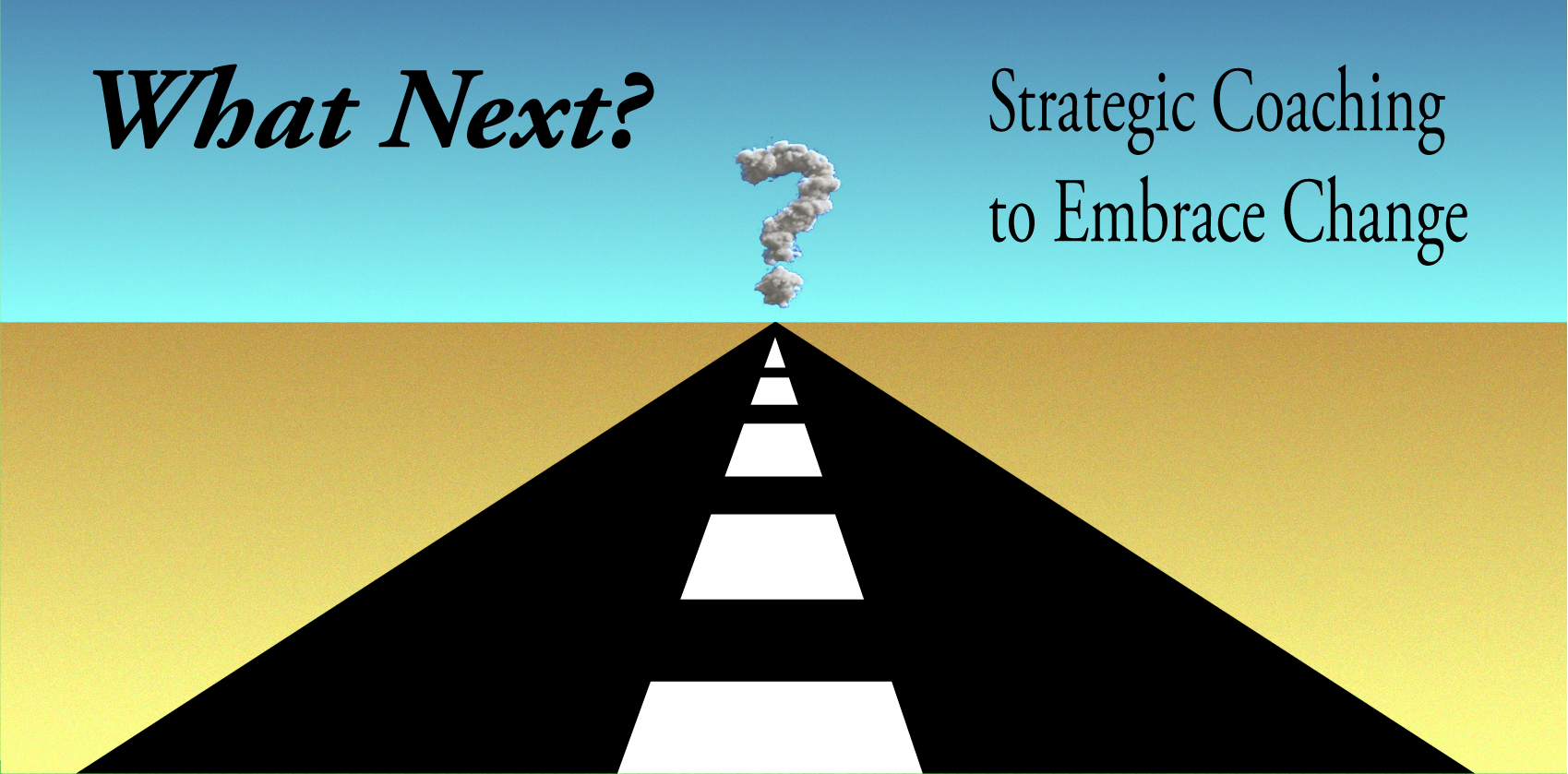
Business Coaching
Coaching for business has far more in common with personal coaching
than many people (including some coaches) would think. The basis of
this line of argument is that what is principally lacking in the
workplace–and what we address in coaching–is the acknowledgement of
the human element, and realizing that employees and employers are in a
relationship just as spouses or family members are, with similar
dynamics. Too often, people pretend that they are no longer human at
work but instead respond like machinery, and seek mechanical solutions
to workplace problems. (Particularly at technical companies like the
ones I specialize in helping.)
My philosophy is that modern western businesses–and in
particularly the information technology businesses–are frequently
suffering from deep systemic problems that inflict lasting wounds upon
their personnel.
Any business whose employees relate to the Dilbert strip by Scott Adams likely falls into this category. I am aware that at many places, Dilbert is considered a documentary rather than a comic. My mission is to heal those wounds, one workplace at a time.
I are especially familiar with the issues endemic to large
institutionalized organizations such as government agencies. Many
people would consider the problems that are common in those
places–apathy, fossilized thinking and cumbersome processes,
and the inability to make a difference–to be insurmountable. I do
not agree. I know the roots of those problems,
the dynamics that sustain them, and the fulcrum points for applying
pressure to bring about real change.
For some insight into how dysfunctional your business might be, see this checklist.
My lengthy experience in the workplace allows me to add value to the process by relating the personal issues that are exposed in our work to the functioning of the surrounding business. I understand the needs of management and the terminology and imperatives of modern business. I can place our coaching in the context of a business or marketing plan, or the development lifecycle or methodology of a technical business.
The river of time can suddenly turn, for instance, from a happy, easy flow to turmoil when, in the midst of everything, the boss asks us if we will take on a particular project that we know we cannot do with any sanity given all our present commitments; bereft of spaciousness, we say yes, trying to establish our identity through doing, afraid of the silence that might open in the presence of this figure of authority.
–David Whyte, “Crossing the Unknown Sea”